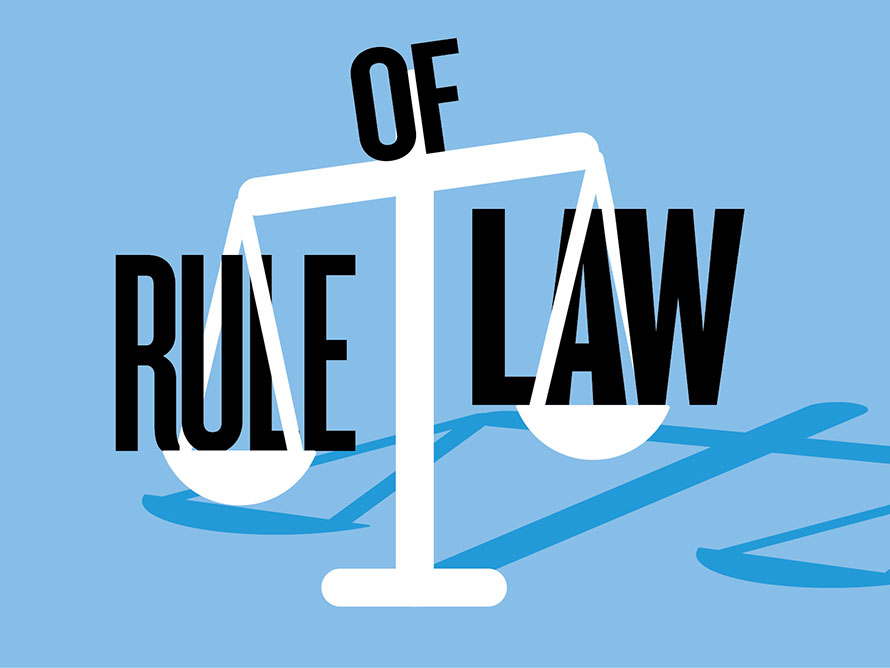<< Hide Menu
3.4 Political Beliefs and Values
5 min read•june 18, 2024
Isabela Padilha
Kelly Cotton
Isabela Padilha
Kelly Cotton
This topic, Political Beliefs and Values, asks you to examine how the previously discussed political ideologies impact how the state treats its citizens and deals with specific problems, such as political corruption.
💡As a reminder, political beliefs and values are the principles and ideas that shape an individual's political action. They are often organized into broader categories of ideology, such as liberalism, conservatism, among others that you may have read or heard about in your daily life. But, what is important to differentiate is that these values and beliefs are individual driving forces for people on how they participate in politics, whereas ideologies are more of a framework.
Types of Political Ideologies
- Authoritarian regimes tend to rely on political beliefs grounded in rule by law, in which the state uses the law to reinforce the authority of the state. Russia, China, and Iran as examples of authoritarian regimes tend to fall into this category. This differentiates the population and the government by putting them on different levels. The government as the lawmaking body holds more power over the people that must obey it. 🫡
- Democratic regimes tend to rely on political beliefs grounded in rule of law, in which the state is limited to the same rules as its citizens. UK, Mexico, and Nigeria as examples of varying degrees of democratic regimes tend to fall into this category.
Comparing Political Ideologies
China 🇨🇳 (Authoritarian regime)
In China, the Central Commission for Discipline Inspection is the internal organization of the Communist Party that is tasked with enforcing the rules of the party and combating corruption within the party. Recently the CCDI investigated Chinese billionaire Ren Zhiqiang for committing serious violations of the law and Communist Party regulations. What is particularly interesting is that the investigation came after Zhiqiang criticized President Xi’s handling of the coronavirus. This is an example of rule by law, in which the law is being used to reinforce authority in a situation of conflict.
Mexico 🇲🇽 (Democratic regime)
In Mexico, PEMEX, a high revenue government-controlled company oil company, has had corruption within the organization in the past, and there have been varying degrees of prosecution depending on who was involved. This illustrates that Mexico is a flawed democracy that still has some tendency toward rule by law, instead of rule of law.
UK 🇬🇧 (Democratic regime)
Rule of law is at the heart of this democratic regime. A perfect example here would be that all citizens in the UK, regardless of status, have the right to due process in legal proceedings. It doesn’t matter the position in society or wealth or lack thereof, all are entitled to due process.
Iran 🇮🇷 (Authoritarian regime)
Rule by law is predominant in Iran since it is an authoritarian regime. The lack of independence of the judiciary allows for human rights abuses to be committed under the rights of the law. The Iranian government, for example, has the power of the law to execute people that participate in protests that potentially threaten the government.
Russia 🇷🇺 (Authoritarian regime)
In Russia corruption is an over-arching problem that impedes the country from growing economically. For instance, the powerful oligarchs in Russia that acquired previously state-owned oil companies have engaged in corruption and bribery by influencing the legal and economic system for their own lucrative benefits.
Nigeria 🇳🇬 (Emerging Democratic)
Even though there have been democratization efforts in Nigeria, its rule of law is still very weak. Many corrupt practices have been identified in the country's justice system, and marginalized groups in the country are the ones more affected by these failures, posing a significant challenge for the country.

How are principles of social and economic equality different in Authoritarian vs. Democratic regimes?
Quite simply, you need to recognize that both democratic and authoritarian regimes can provide some forms of social and economic equality, but you need to explore the degree to which this is carried out in both regimes.
- A social welfare state, a very important and specific term in Comp Gov**,** is a concept of government in which the state or a well-established network of social institutions plays a key role in the protection and promotion of the economic and social well-being of citizens. Among the services that can be provided are housing, education, and retirement benefits. For example, public education is provided in varying degrees to citizens with all 6 of our core countries, regardless of whether or not they are authoritarian or democratic regimes.
In the UK, public housing is provided, and they are a democratic regime. But China, an authoritarian regime provides far more public housing, so once again welfare states can exist in both regime types, and be desired by citizens of both regime types.
- Post-materialism, defined by the CED, is the social valuing of self-expression and quality of life that leads to applying pressure on governments to address environmental issues and social and economic equality. Simply put, once a country has economic stability, what policies are focused on regarding the quality of life for citizens? Let us look at environmental issues in China and the UK. The Chinese government has focused on environmental issues increasingly since 2017 as a result of citizen protests. However, the government has made it clear that they will control when and how environmental issues are handled as they crack down on citizen protests and clamp down on environmental campaigns taking on a life of their own outside of the government. In the UK, where citizen's rights are more protected, protests and NGOs are in no way cracked down upon by the government and are allowed to deal with environmental issues privately as interest groups, etc. without government involvement.
Don't remember too much about power and authority from Unit 1? Make sure to check out:

© 2024 Fiveable Inc. All rights reserved.